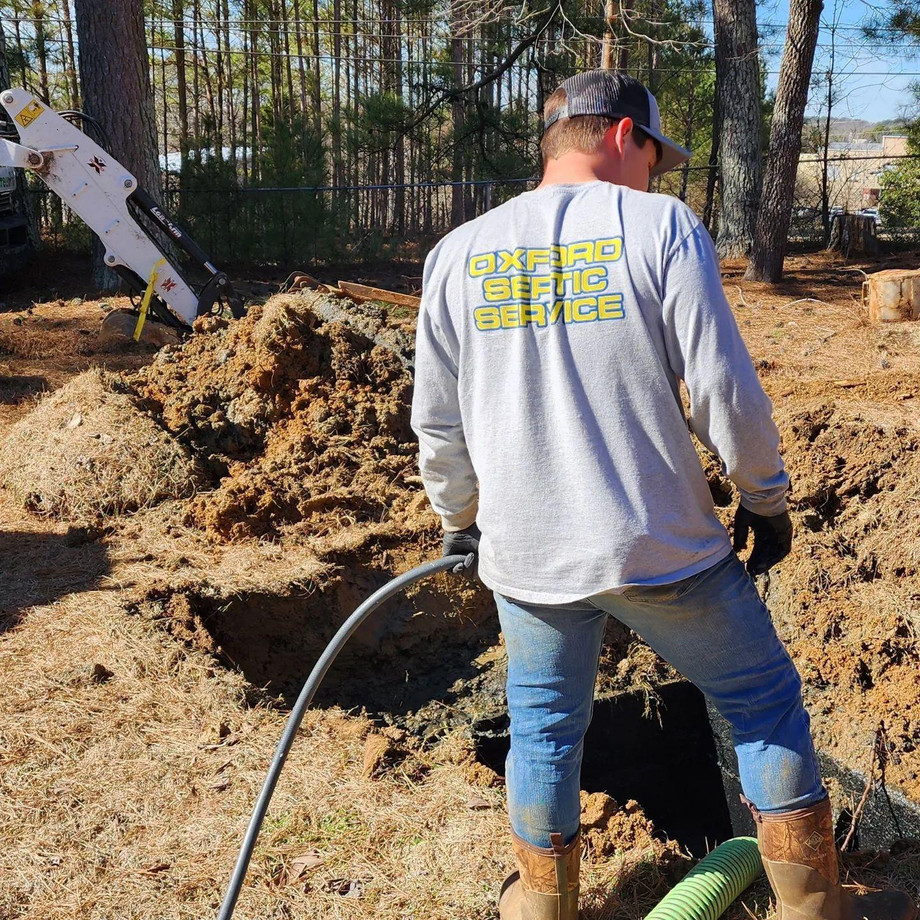Septic tank installation is a crucial process that facilitates efficient waste management in areas without access to centralized sewer systems. These self-contained systems are essential for residential, commercial, and industrial properties, offering a reliable and cost-effective solution for treating and disposing of wastewater on-site. In this article, we explore the diverse applications and uses of septic tank installation, showcasing its versatility and importance in various settings.
Residential Properties:
Septic tank installation is a common practice in residential properties, especially in rural or suburban areas where municipal sewer lines are not available. It provides homeowners with a self-contained sewage treatment system, eliminating the need for a connection to a centralized sewage network. Residential septic systems handle wastewater from bathrooms, kitchens, and laundry areas, efficiently treating and safely disposing of it into the soil through a drainage field. Properly installed and maintained septic systems ensure that households have a safe and reliable method for managing their wastewater without relying on public sewer services.
Commercial Establishments:
Commercial properties, such as restaurants, hotels, retail stores, and offices, often require septic tank installation to manage their wastewater output effectively. The high volume of water usage in commercial establishments necessitates a robust septic system that can handle larger quantities of wastewater. Professional septic tank installation ensures compliance with local regulations and codes while providing businesses with an efficient and environmentally friendly waste management solution. Well-maintained septic systems in commercial properties contribute to a cleaner environment and demonstrate a commitment to sustainable practices.
Industrial Facilities:
Industrial sites, such as manufacturing plants, warehouses, and factories, generate significant volumes of wastewater containing various contaminants and chemicals. Septic tank installation in industrial facilities requires careful consideration of the types of waste produced, as well as the volume and composition of the wastewater. Customized septic systems may include pre-treatment processes to remove specific pollutants before entering the septic tank. Properly installed septic systems in industrial settings ensure compliance with environmental regulations and reduce the environmental impact of industrial activities.
Recreational and Tourist Areas:
Recreational areas, campgrounds, and tourist resorts often rely on septic tank installation to manage the wastewater generated by visitors and guests. These systems play a crucial role in preserving the natural environment of these areas by preventing pollution of nearby lakes, rivers, or sensitive ecosystems. Septic tank installation in recreational and tourist areas ensures that the waste produced is treated and disposed of properly, maintaining the pristine condition of the surroundings.
Educational Institutions:
Septic tank installation is also applicable in educational institutions, including schools, colleges, and universities. These facilities have a significant population, resulting in higher water usage and wastewater production. Properly designed septic systems in educational institutions effectively manage the large volume of wastewater while promoting sustainable practices and environmental awareness among students and staff.
Remote and Off-grid Locations:
In remote and off-grid locations, septic tank installation becomes a necessity as these areas often lack access to centralized sewer networks. Whether it's remote cabins, lodges, or research stations, septic systems offer a practical and efficient solution for waste management. These systems allow occupants to enjoy modern amenities while minimizing the environmental impact of their activities.
For More Info:-
Septic Tank Pumping Oxford, MS
Septic Tank Installation Mississippi
Septic Tank Cleaning Batesville, MS
Septic System Maintenance Water Valley, MS






Comments